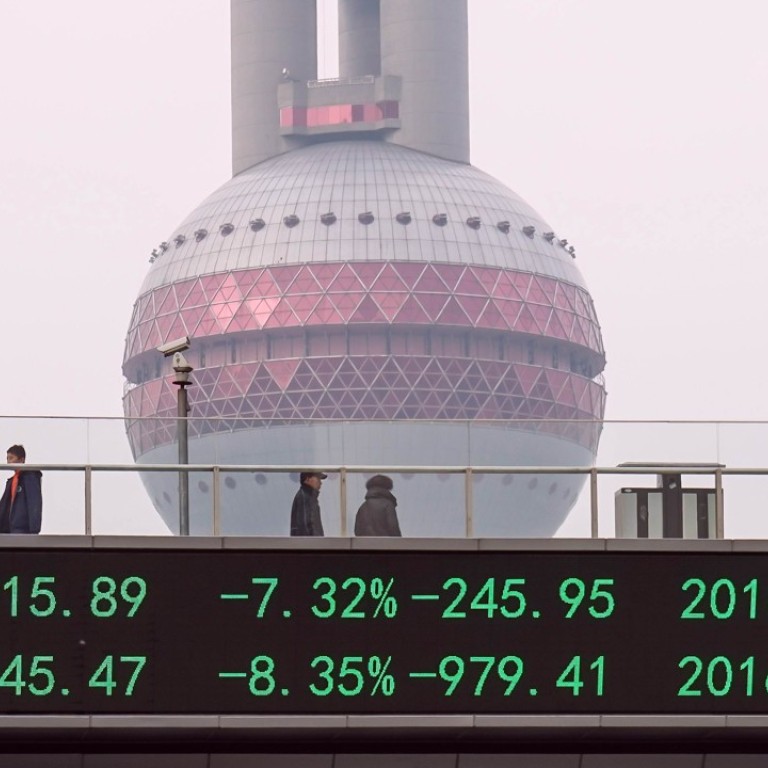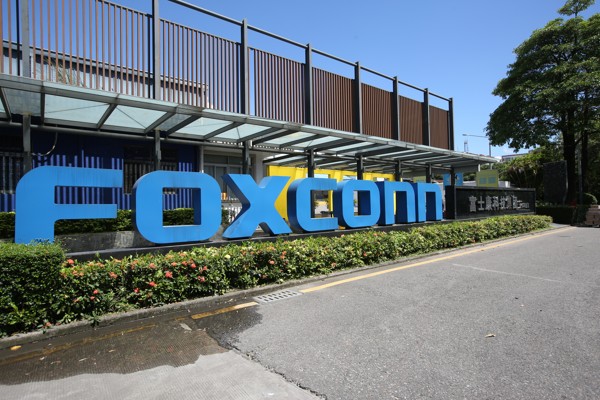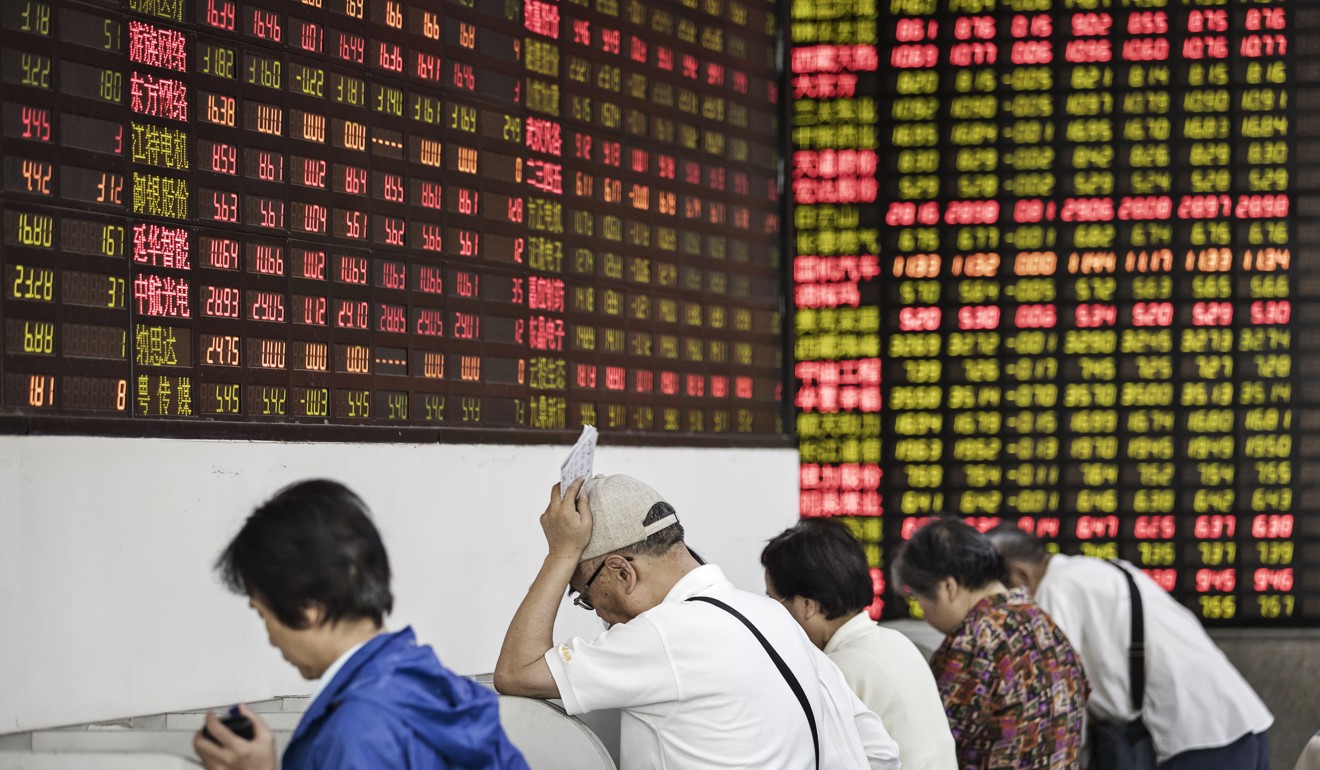
140 firms withdraw A-share IPO applications this year, balking at stricter scrutiny by the regulator
Combined 274 IPO applicants were lining up for a hearing by the China Securities Regulatory Commission – just a third of the total 900 lined up two years ago
China’s securities regulator appears to have poured cold water over expectations initial public offerings (IPOs) by cash-hungry businesses could be fast tracked, by tightening its review procedures instead, in an effort to favour the best-performing companies.
More than 140 firms have voluntarily withdrawn their A-share listing applications so far this year, as they balked at what had already become stricter scrutiny by the regulator.
As of last week, a combined 274 IPO applicants were lining up for a hearing by the China Securities Regulatory Commission (CSRC), just a third of the total 900 lined up two years ago.
Mainland companies that file IPO applications to the regulator can scrap their fundraising plans if they become aware they are unlikely to pass through the review procedures.
The ever-dwindling number of prospective IPOs coincides with stepped-up efforts by the CSRC to attract major technology firms to raise funds on the Shanghai and Shenzhen stock exchanges.

Foxconn Industrial internet, a subsidiary of the world’s biggest contract electronics manufacturer, Hon Hai Precision Industry, whose products include Apple’s iPhones, saw its 1.01 billion IPO shares offered to the general public 294 times oversubscribed last week.
Its new share sale, widely expected to raise 27.1 billion yuan (US$4.24 billion) in Shanghai, could become the largest mainland IPO since June 2015.
Foxconn passed the review procedure just five weeks after it filed its application., but typically companies can expect to wait a year and a half before having a potential IPO filing heard by the CSRC.
Two sources with knowledge of the CSRC’s thinking said the regulator has shifted focus from giving small companies easier access to stock market capital towards luring larger-size technology businesses that have the potential to become tomorrow’s industry stars.

Gao Li, a CSRC spokesperson, said in mid-May that the IPO committee would reject applications by those who cannot convince reviewers of their earnings sustainability, complete internal control mechanisms and compliance with the laws and regulations.
“With big IPOs expected to hit the market any time soon, the regulator has heightened its requirements on profit sustainability as a way of controlling the pace of fundraisings,” said Zhou Ling, a fund manager with Shanghai Shiva Investment.
“It is reasonable, because market stability is still a priority.”
Unlike counterparts abroad, the CSRC has strong decision-making powers on IPO approvals and the pace of new share offerings.
Gao said the CSRC’s policies on IPOs remain unchanged, but the sources said that large, profitable and solid tech firms such as Foxconn, rather than start-ups, are becoming the new darling of the review committees.
In the first five months of this year, around 40 per cent of the companies that took part in IPO hearings failed to secure a go-ahead from the CSRC to conduct their fundraisings. Last year, the rejection rate was 17 per cent.
At the end of March, the regulator published new rules governing China depositary receipts (CDRs) at lightning speed. CDRs are similar to American depositary receipts, which while not technically shares, are certificates that allow investors to hold shares listed elsewhere.
Reuters reported earlier this month, citing sources, that China’s securities regulator was likely to finalise guidelines for CDRs in the second half of this year.
The CDR rules will aim at easing share offerings by Chinese technology giants that were previously funded by foreign capital.
The A-share market had been off-limits to those companies which were viewed as foreign businesses due to their ownership structures.
Buoyed by Beijing’s ambitions of transforming the mainland into a global powerhouse in innovation by 2050, the securities regulator launched a campaign this year to attract more unicorns too – unlisted technology companies with valuations of at least US$1 billion – to float shares on mainland markets.

